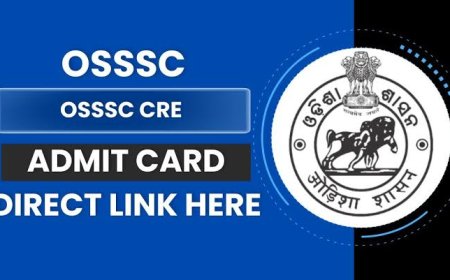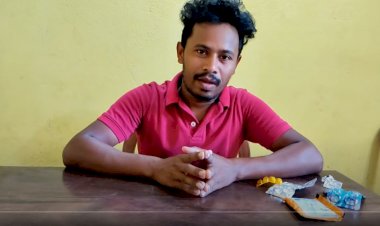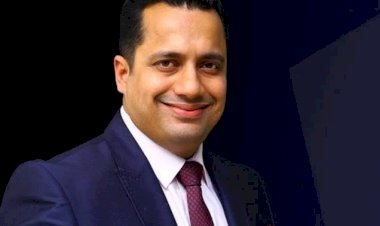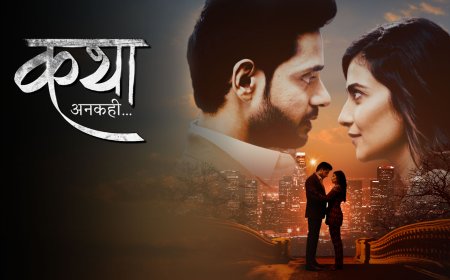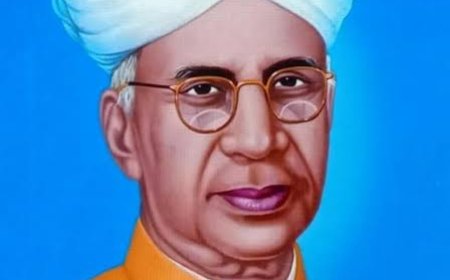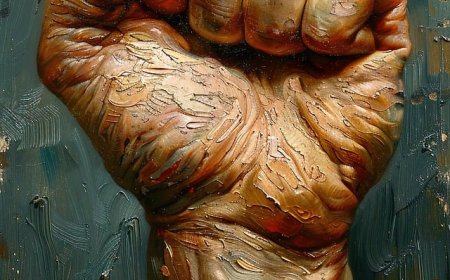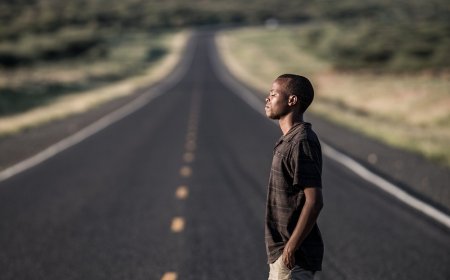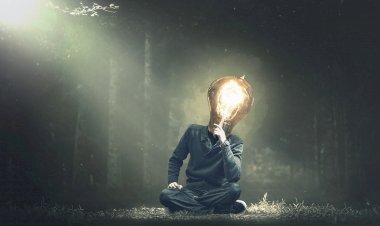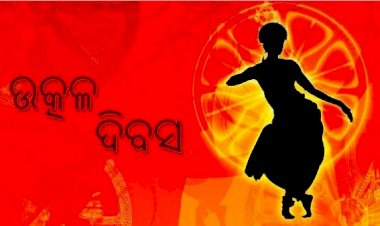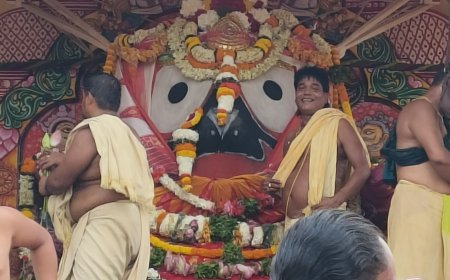India: A Democratic Country
India: A Democratic Country
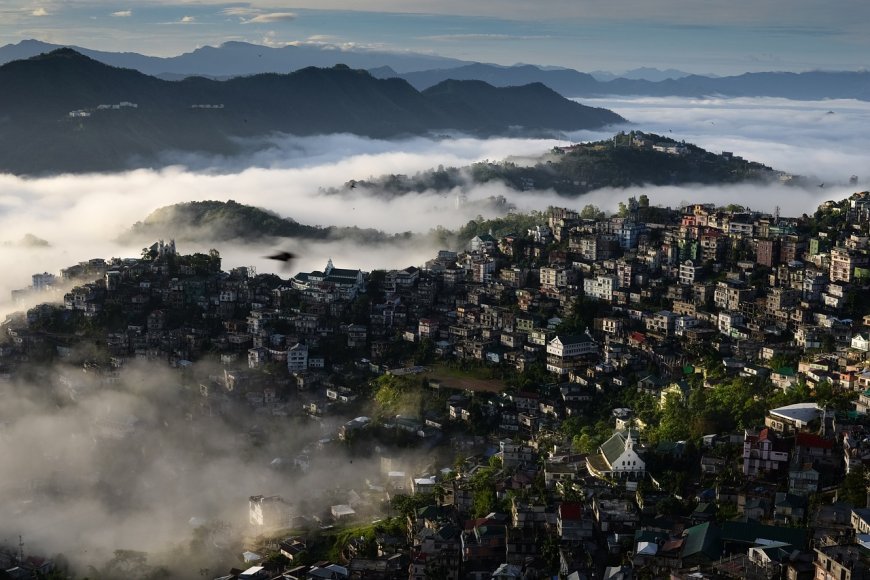
# India: A Democratic Country
India, the world’s largest democracy, stands as a beacon of democratic governance in a region marked by diverse political systems. Its journey from a colonial past to a vibrant, pluralistic democracy is a testament to the resilience and determination of its people. This article delves into the facets of India's democracy, exploring its history, structure, challenges, and the unique features that distinguish it as a democratic nation.
## Historical Context
India’s democratic journey began with its independence from British colonial rule on August 15, 1947. The Indian independence movement, led by figures such as Mahatma Gandhi and Jawaharlal Nehru, was not only a struggle for freedom but also a quest for establishing a governance system that reflected the will of the people. This movement was rooted in the principles of non-violence and civil disobedience, emphasizing the importance of individual rights and collective decision-making.
The drafting of the Indian Constitution, which came into effect on January 26, 1950, was a monumental step in shaping India’s democracy. Dr. B.R. Ambedkar, the principal architect of the Constitution, ensured that it enshrined values of justice, liberty, equality, and fraternity. The Constitution provided a framework for a parliamentary democracy, federalism, and the protection of fundamental rights, setting the stage for India’s democratic evolution.
## Democratic Structure
### The Constitution
India’s Constitution is the longest written constitution in the world. It lays down the structure, powers, and functions of various institutions of governance and ensures a system of checks and balances. It is a living document, capable of adaptation and change through amendments, ensuring its relevance in a dynamic socio-political context.
### Federalism
India is a federal republic with a clear demarcation of powers between the central government and the states. This federal structure allows for regional autonomy while maintaining national unity. The division of powers is outlined in the Seventh Schedule of the Constitution, which categorizes subjects into Union, State, and Concurrent lists.
### Parliamentary System
India follows a parliamentary system of governance modeled on the British system. It consists of two houses: the Lok Sabha (House of the People) and the Rajya Sabha (Council of States). The Prime Minister, who is the head of the government, is elected from the Lok Sabha, and the President, the ceremonial head of state, is elected by an electoral college comprising members of both houses of Parliament and the legislative assemblies of states.
### Judiciary
The Indian judiciary is independent and plays a crucial role in upholding the Constitution and protecting citizens' rights. The Supreme Court of India is the apex court, followed by High Courts in states and various lower courts. Judicial review, a fundamental feature of Indian democracy, allows the judiciary to ensure that laws and executive actions conform to constitutional provisions.
## Elections and Political Participation
### Universal Adult Suffrage
One of the most remarkable aspects of Indian democracy is the principle of universal adult suffrage, which grants the right to vote to every citizen above the age of 18, irrespective of caste, creed, religion, or gender. This inclusiveness has empowered millions of marginalized individuals, allowing them to participate in the democratic process.
### Electoral System
India’s electoral system is based on the first-past-the-post (FPTP) principle, where the candidate with the most votes in a constituency wins. The Election Commission of India, an autonomous constitutional authority, oversees the conduct of free and fair elections, ensuring transparency and integrity in the electoral process.
### Political Parties
India's political landscape is vibrant and diverse, with numerous national and regional parties representing a wide array of interests and ideologies. The Indian National Congress (INC) and the Bharatiya Janata Party (BJP) are the two major national parties, but regional parties like the All India Trinamool Congress (AITC), Dravida Munnetra Kazhagam (DMK), and others play significant roles in state politics and coalition governments.
## Strengths of Indian Democracy
### Pluralism and Inclusivity
India’s democracy thrives on its pluralistic ethos, accommodating a multitude of cultures, languages, religions, and ethnicities. This inclusivity is enshrined in the Constitution, which guarantees fundamental rights and freedoms to all citizens, fostering a sense of unity in diversity.
### Civil Society and Media
A robust civil society and a free press are vital pillars of Indian democracy. Non-governmental organizations (NGOs), advocacy groups, and grassroots movements play an active role in shaping public policy and holding the government accountable. Similarly, a vibrant media landscape ensures the dissemination of information and facilitates public discourse.
### Decentralization
Decentralization of power through local self-governance institutions like Panchayats and Municipalities has strengthened democratic participation at the grassroots level. The 73rd and 74th Constitutional Amendments have empowered local bodies, enabling citizens to influence decisions affecting their immediate environment.
### Judicial Activism
The Indian judiciary has often played a proactive role in safeguarding democratic values and rights. Judicial activism, through Public Interest Litigations (PILs) and landmark judgments, has addressed issues ranging from environmental protection to social justice, reinforcing the rule of law.
## Challenges to Indian Democracy
### Electoral Malpractices
Despite a robust electoral system, malpractices such as vote-buying, electoral violence, and manipulation of voter rolls remain challenges. Strengthening the Election Commission’s powers and ensuring strict enforcement of electoral laws are crucial to addressing these issues.
### Corruption
Corruption at various levels of government undermines democratic governance and erodes public trust. Efforts to combat corruption through legislative measures, institutional reforms, and public awareness campaigns are essential for enhancing transparency and accountability.
### Communalism and Casteism
Communal and caste-based politics pose significant threats to India’s democratic fabric. Political mobilization along religious and caste lines often leads to social polarization and violence. Promoting secularism and social harmony is imperative for maintaining democratic unity.
### Socio-Economic Inequalities
Persistent socio-economic inequalities hinder the full realization of democratic ideals. Addressing issues such as poverty, unemployment, and lack of access to education and healthcare is crucial for ensuring that all citizens can participate meaningfully in the democratic process.
### Media Freedom
While India boasts a free press, there have been concerns about media freedom and independence. Issues such as media ownership concentration, censorship, and threats to journalists need to be addressed to ensure that the media can function as an effective watchdog of democracy.
## Future Prospects
India’s democratic journey is ongoing, marked by both achievements and challenges. The resilience of its democratic institutions and the commitment of its people to democratic values will determine the future trajectory of Indian democracy. Key areas for future focus include:
### Strengthening Institutions
Ensuring the independence and efficacy of democratic institutions such as the judiciary, Election Commission, and various oversight bodies is crucial. Institutional reforms aimed at enhancing transparency, accountability, and responsiveness will bolster democratic governance.
### Promoting Social Justice
Addressing socio-economic inequalities and promoting social justice are vital for the inclusive growth of democracy. Policies aimed at reducing poverty, improving access to quality education and healthcare, and ensuring social security will empower marginalized communities and strengthen democratic participation.
### Enhancing Civic Education
Promoting civic education and awareness about democratic rights and responsibilities among citizens, especially the youth, is essential for nurturing a democratic culture. Civic education initiatives can foster informed and active citizenship, essential for a vibrant democracy.
### Fostering Dialogue and Tolerance
Promoting dialogue, tolerance, and mutual respect among diverse communities is crucial for maintaining social harmony and democratic unity. Efforts to bridge communal and caste divides through inclusive policies and programs can strengthen the democratic fabric.
## Conclusion
India’s status as a democratic country is not just a matter of constitutional provisions but is rooted in the active participation and commitment of its people to democratic values. Despite numerous challenges, India’s democracy has shown remarkable resilience and adaptability. As the nation continues to evolve, the principles of justice, liberty, equality, and fraternity enshrined in the Constitution will guide its democratic journey. By addressing contemporary challenges and reinforcing democratic institutions, India can continue to be a shining example of a vibrant, pluralistic democracy in the 21st century.







